Actionable insights.
Development impact.
We use systems-thinking to generate practical insights, addressing complex development problems.
Contact UsOur Services
We work with you to integrate actionable insights throughout the project lifecycle to prove and improve meaningful results.
Where We Work
MSA blends international expertise with local partnerships. Since 2009, we have worked with a wide variety of clients and partners in dozens of countries across six continents.
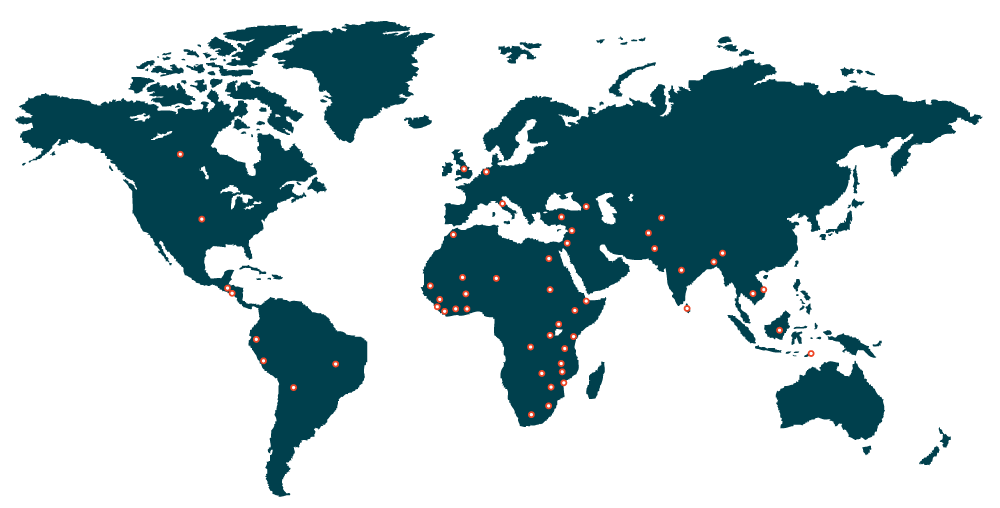
Project Spotlights
Africa Trade and Investment, Learning & Evidence Services | ATI
The USAID Africa Trade and Investment (ATI) is a $521 million Activity that aims to boost economic growth, trade, and investment between the United States and African nations. MSA is the learning and evidence partner for the entire activity, partnering with ATI to strengthen its knowledge base through a wide range of evidence capture and learning services designed to inform strategy and share insights. This includes primary and secondary data collection, targeted research, and the creation of impactful learning products and events, with a focus on market systems development and trade promotion.
USAID Feed the Future Market Systems and Partnerships | MSP
The Feed the Future MSP program is a $70 million global learning mechanism for advancing learning and good practice in market systems development (MSD) and private sector engagement (PSE) within USAID, its partners, and beyond. MSA leads MSP’s monitoring and evaluation (M&E), collaborating, learning, and adapting (CLA), and other learning tracks — implementing measurement, communications, and learning strategy. MSA is the largest subcontractor and learning partner under MSP, which works with 52 private sector partners across 16 countries in Africa and Asia.
USAID Jordan Water Efficiency and Conservation | WEC
The WEC Activity contributes to USAID Jordan’s Country Development Cooperation Strategy’s five-year goals of supporting Jordan to advance its stability, prosperity, and self-reliance. MSA plays a multifaceted role, conducting market assessments, supporting capacity building, and developing business models for water conservation technologies. This includes building a cost-benefit analysis tool to assess the viability of water-saving technologies in Jordan, aiding decision-making for support by the WEC Activity.
Learn MoreWhat We Value
Excellence
We believe in sustainable development that improves lives across the globe. Our work and productivity reflect our passion.
Disruption
We’re here to do development differently – more empowering, more systemic, and with more proof.
Humility
We see self-awareness as a prerequisite to learning. Our mistakes are a means to improve.
Hustle
We are social entrepreneurs looking to implement solutions that drive forward social impact.
Collaboration
We’re better together, drawing on each other’s viewpoints and experiences to deliver for clients. Working as a team is core to our identity.
Celebration
We work hard and life gets hectic – we take time to celebrate and enjoy the successes.
Who We Are
We are facilitators, strategists, economists, researchers and innovators. We are passionate about positioning local stakeholders at the heart of interventions to achieve lasting impact.
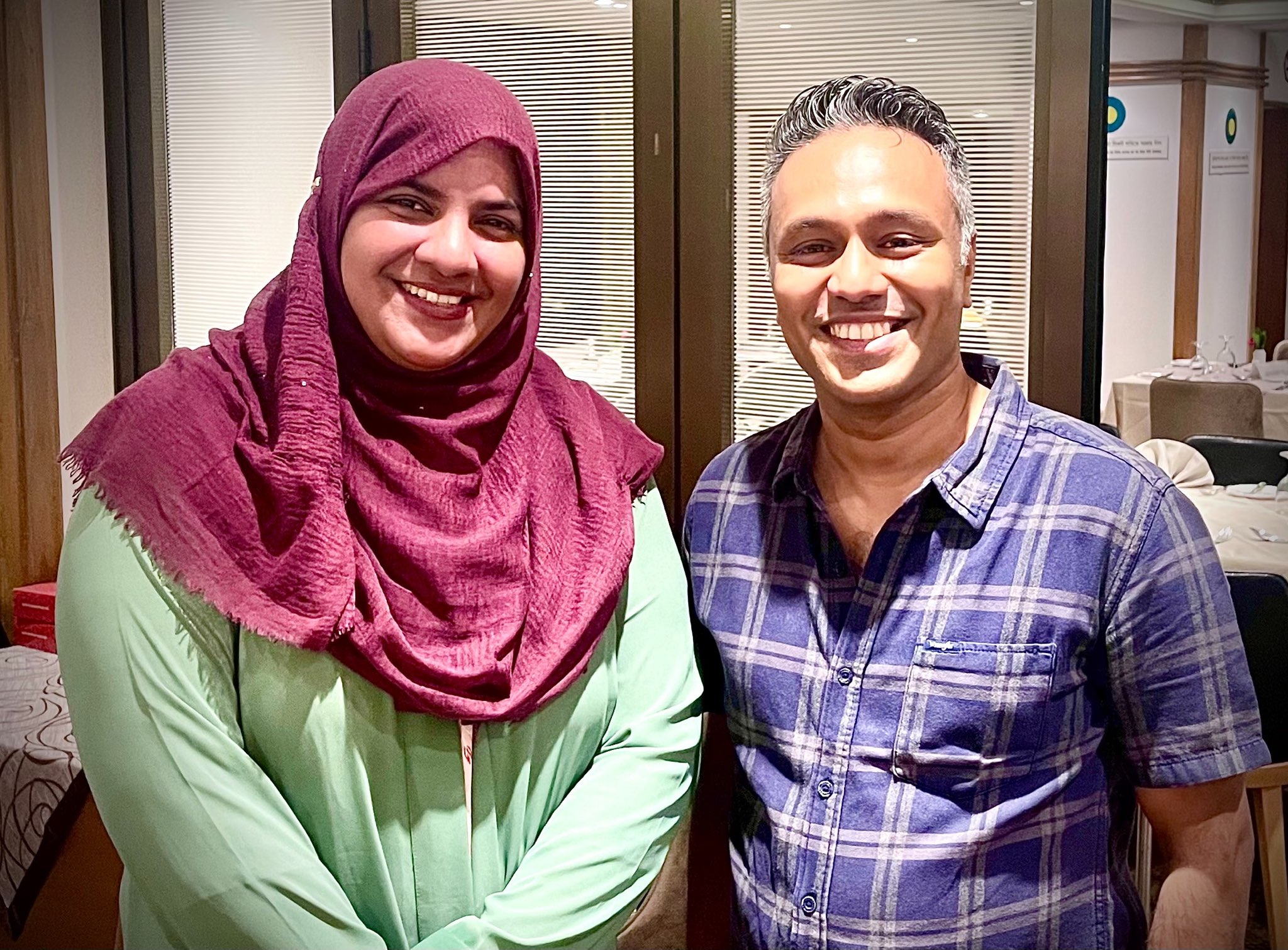
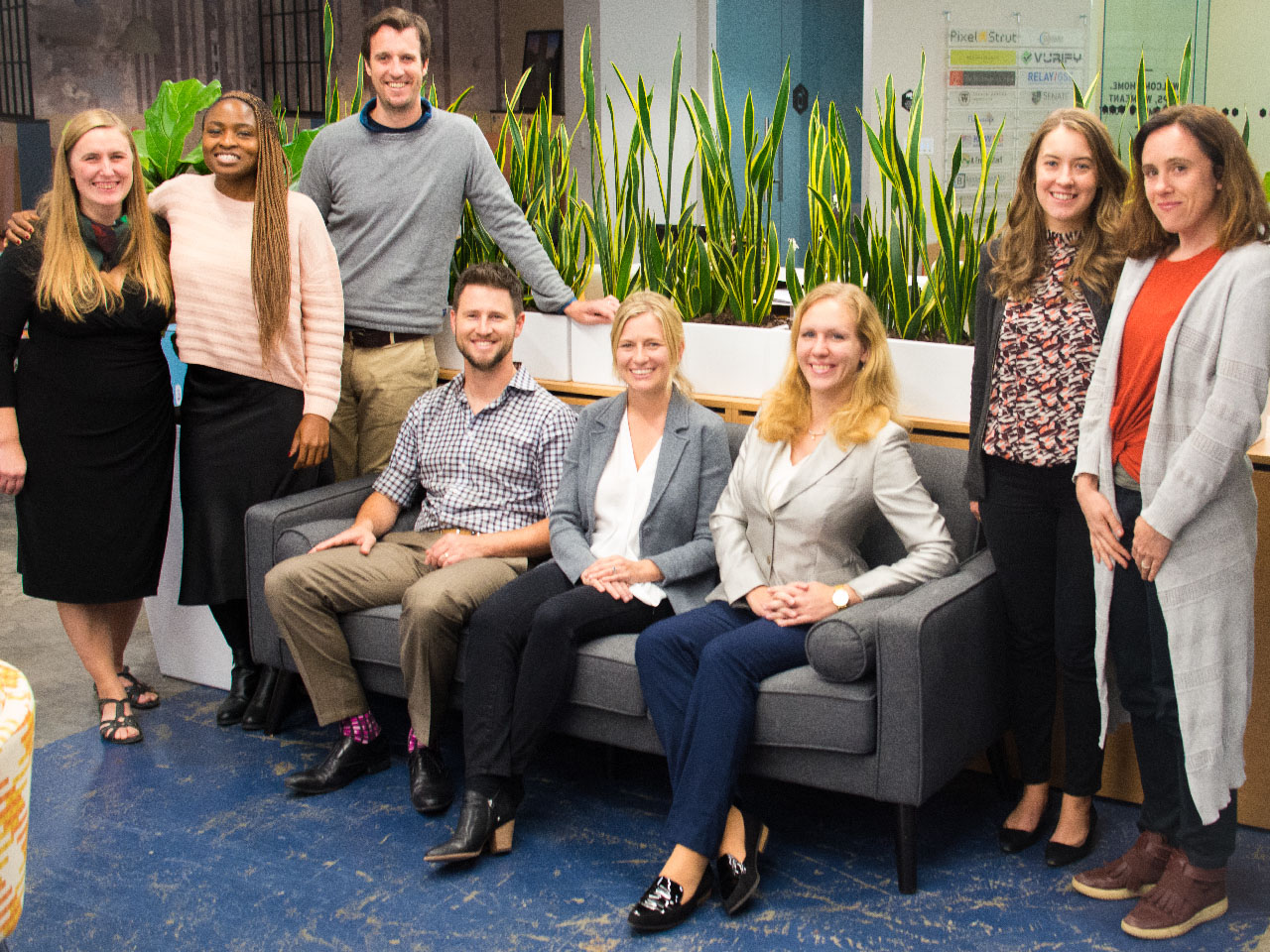
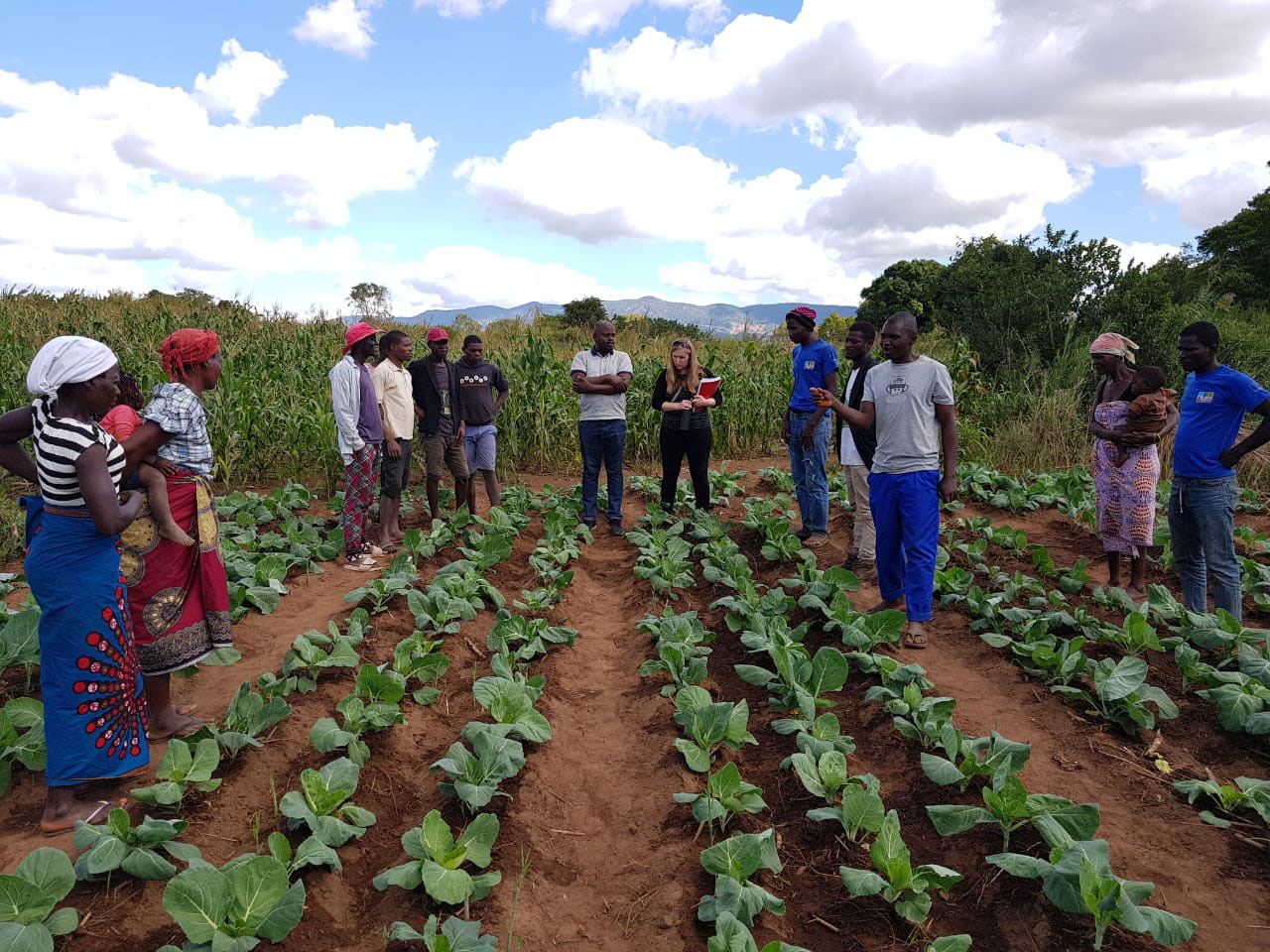

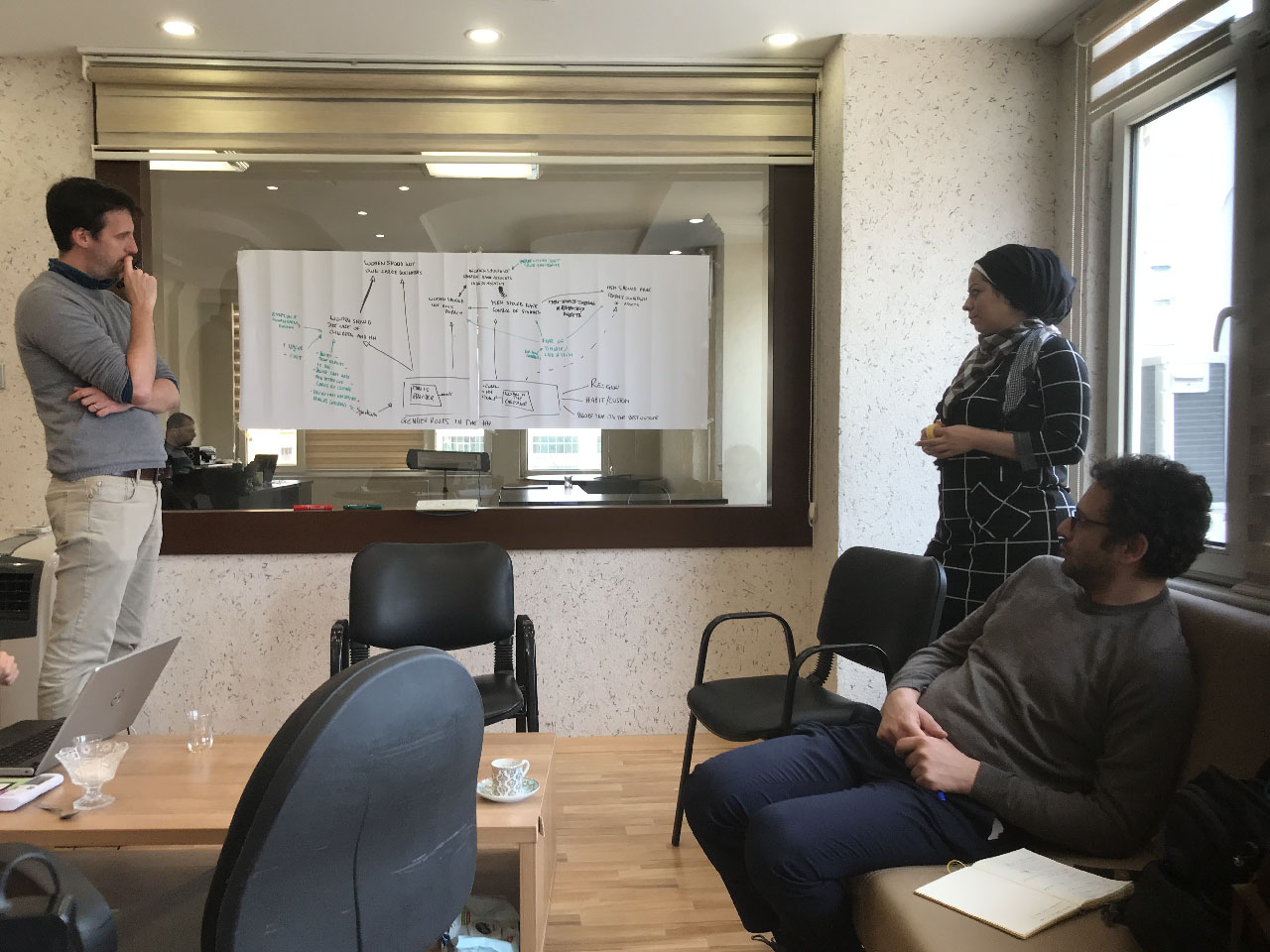
Publications & Learning
Doing development differently starts with better evidence and learning. Discover how we’re applying actionable insights to unlock new solutions.


